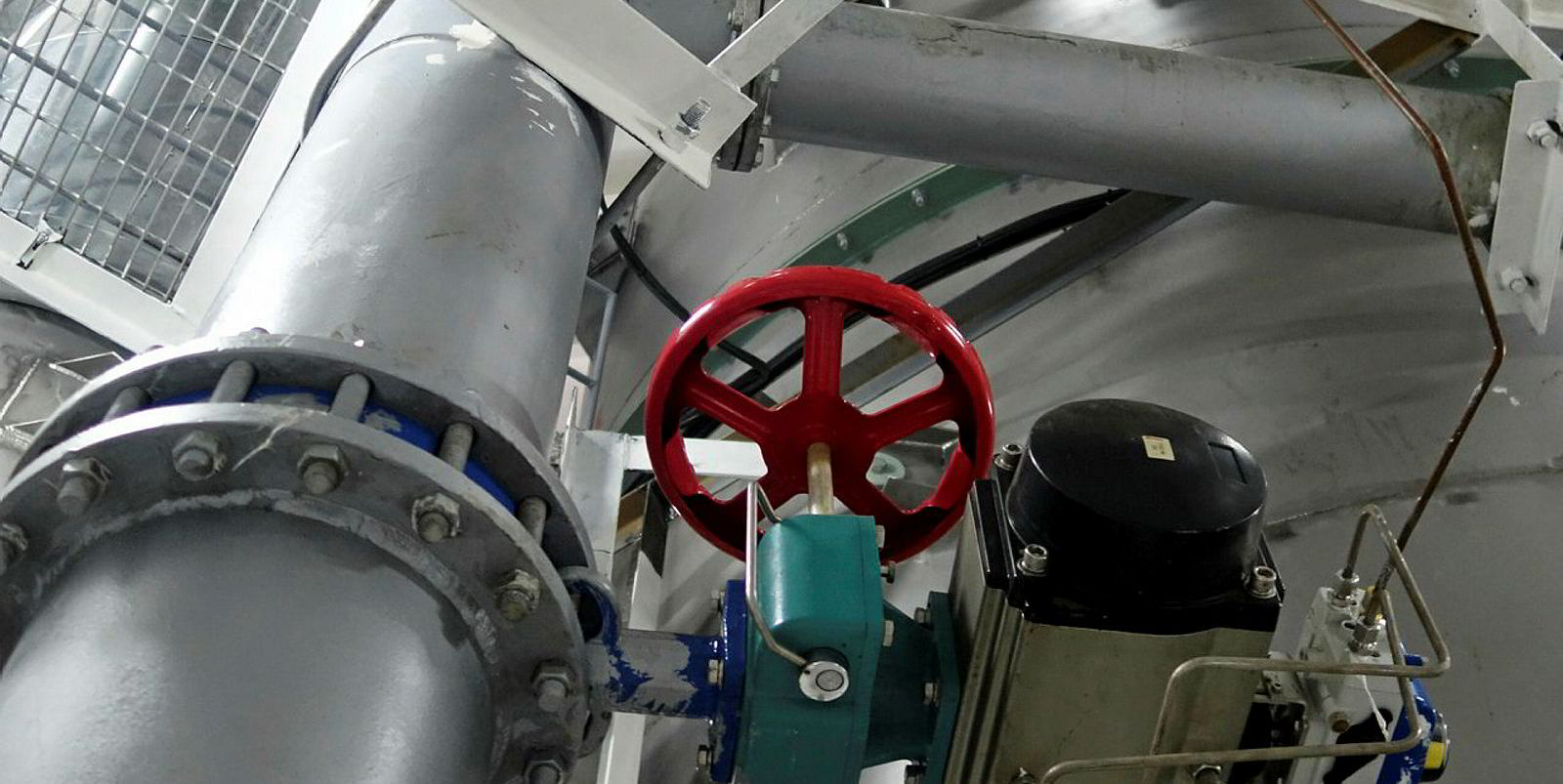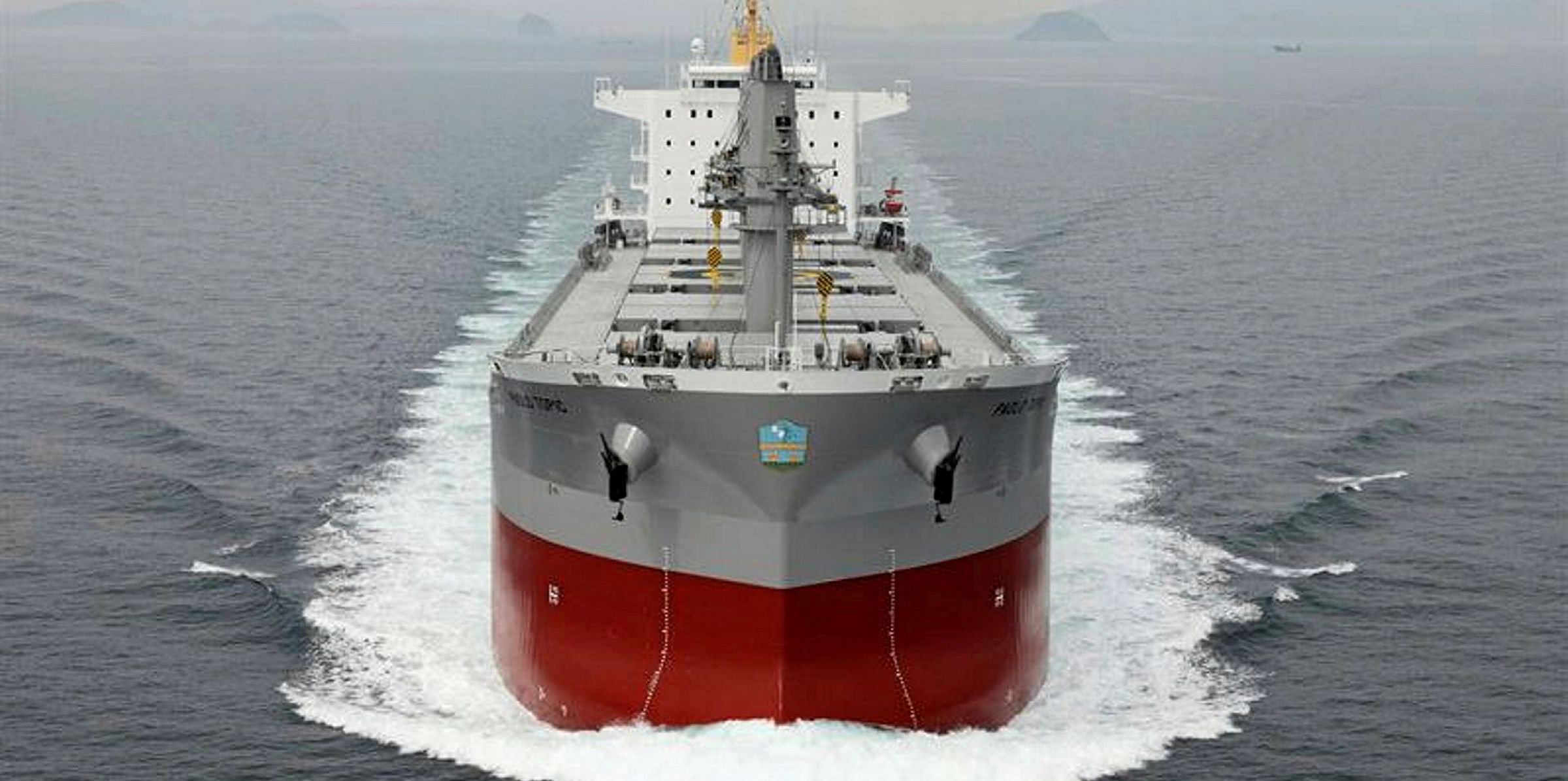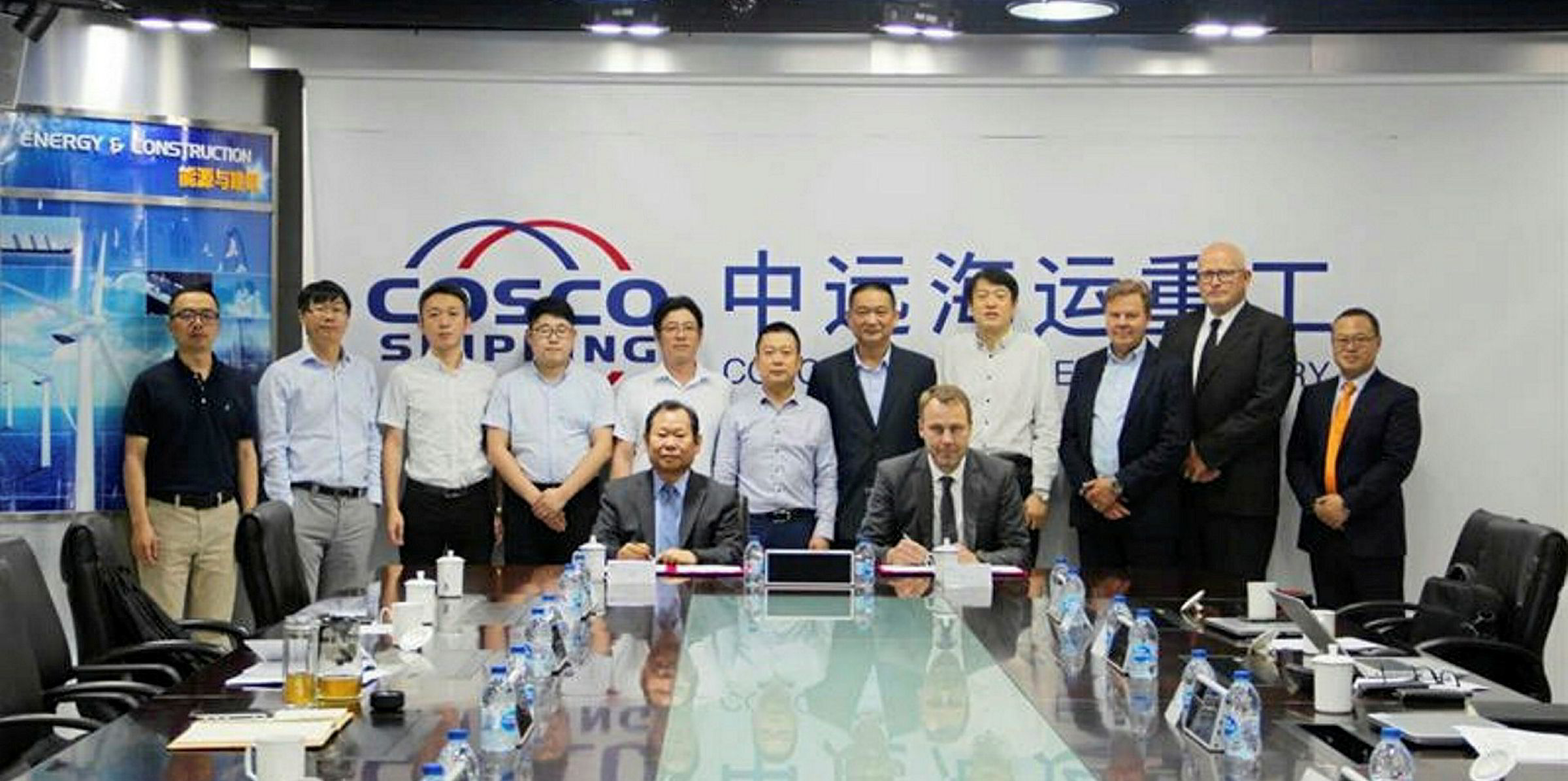Fuel price uncertainty has put the brakes on scrubber orders at Finnish technology company Wartsila.
"While the current pricing and availability of compliant fuels are supportive of investments in scrubber technology, uncertainty regarding future developments and limited delivery capacity for this year have delayed decision-making among some customers," it said.
Roger Holm, the president of Wartsila's marine solutions business, told TradeWinds that the company had sold out of scrubber slots for 2019.
But the demand situation for the exhaust cleaners might change even before the IMO's rule changes come into effect on 1 January, depending on the fuel price spread between conventional and low sulphur fuels.
"The bigger the spread, the better for the scrubber business," he added.
Holm said that despite newbuilding orders falling generally, the group's expertise in stronger specialist sectors like LNG, cruiseships and ferries was serving it well.
The group continues to discuss digitilisation and smart marine ecosystems "a lot" with clients, and Holm sees this as a vital growth area, with the shipping landscape changing dramatically within five years.
"Long-term we see more and more pressure on emissions," he said.
Shipping can become more efficient and combine fewer emissions with lower costs, he believes. "This is a win-win," he added.
Marine orders fall
The marine order intake fell 9% to €936m in the second quarter, compared to 2018. Fewer orders for scrubbers resulted in equipment orders decreasing by 13% to €523m.
Net profit in the second quarter was €121m ($131m), down from €132m as costs rose.
The overall order intake decreased 11% to €1.37bn, while revenue dropped 2% to €1.21bn.
The marine demand outlook has been changed to soft from solid, due to lower vessel contracting volumes and an anticipated decline in the demand for scrubber solutions from last year’s exceptionally high level.
Newbuilding contracts down too
During the first half of 2019, Wartsila counted 420 contracts for new vessels worldwide, down from 472 in 2018.
The slowing global economy, trade tensions, and higher newbuilding prices resulted in low contracting activity in the container, tanker, and bulker markets.
Contracting remained healthy in the gas carrier segment, thanks to the growth in demand for LNG, firming rates, the expected increase in seaborne LNG trade, and the trend towards cleaner fuels, it said.
The need for modern capacity to meet anticipated growth in passenger volumes continued to support activity in the cruise and ferry segments.
"Market conditions in the offshore newbuild market remained burdened by overcapacity, volatile oil prices, and competition from onshore shale oil," it added.







